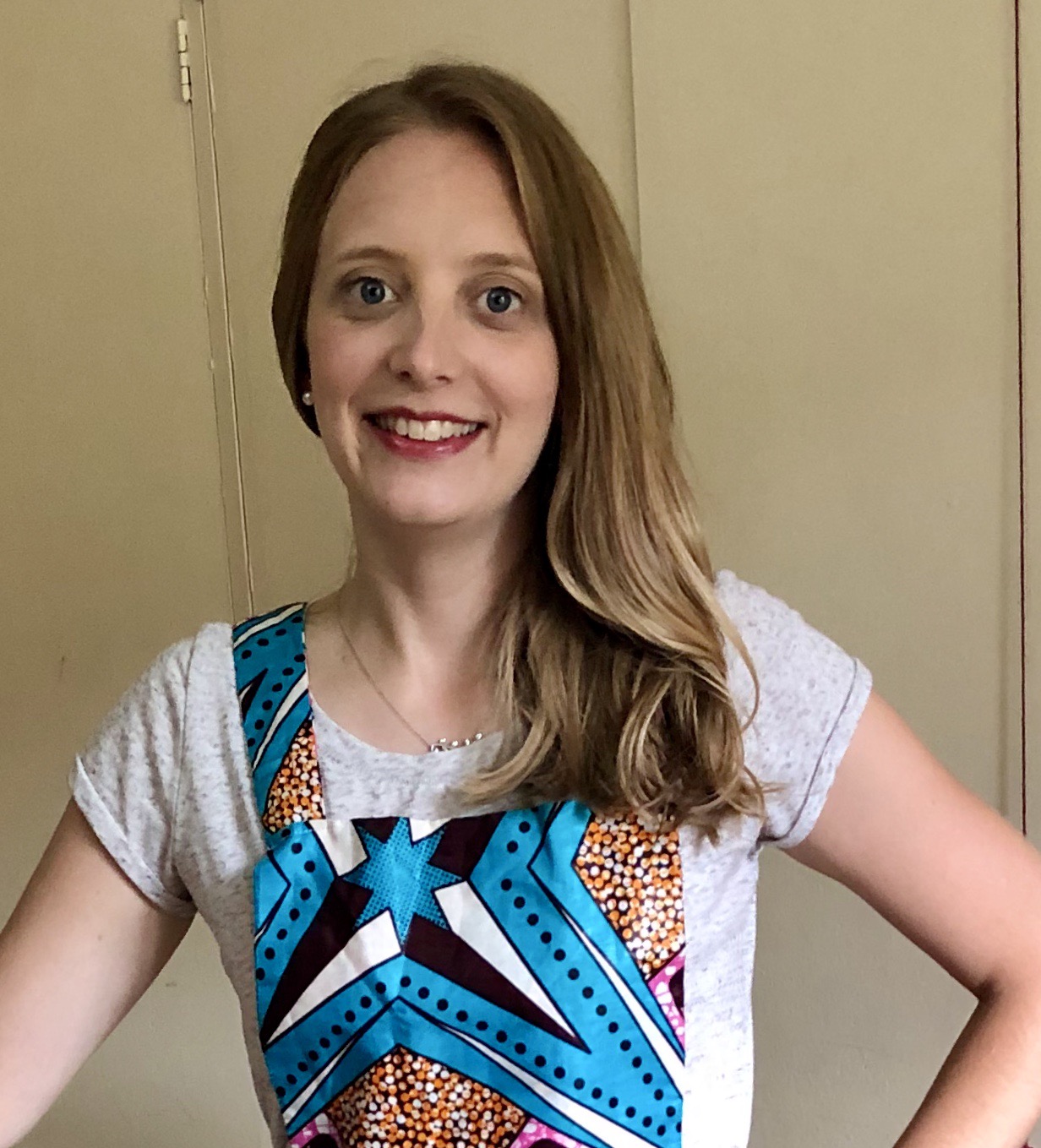Lessons I learnt from my male midwife in Spain - Camilla's Story
- Joanna Brown

- Mar 25, 2023
- 4 min read

I consider myself a modern woman, but I admit I was quite startled when a young man came into the hospital room where I was lying with contractions (wearing one of those stylish, back-free hospital gowns), introducing himself as:
"Daniel, your midwife."
I was in a new city, with a new doctor, we were in the middle of the pandemic and I had to wear a mask for labor... so the thought of a man checking how far I was dilated felt like an additional annoyance!
As a matter of fact, this third pregnancy had been a lot bumpier than my previous two:
Despite living internationally, I was able to give birth to my older boys in my hometown, Vienna (Austria). Everything was known and familiar there, which gave me a sense of control in something as overwhelming as birth.
This time around, having recently relocated to Bilbao (Spain), I was confronted with certain differences in the healthcare system and birthing protocol that made me feel more insecure throughout the journey.
Furthermore, I had gotten pregnant right after a miscarriage, and at the beginning of the pandemic (which hit Spain very hard, resulting in 6 weeks of total lockdown during which we weren’t allowed to leave the house).
And just when we could go outside again and I had started a routine of daily walks along the beach (the only me-time I got, with kindergarten being closed): I experienced bleeding caused by an Intrauterine Hematoma and had to rest.
As you can imagine, it was a time of insecurity and great uncertainty, overall.
Thankfully, all went well, and by early November I was expecting the baby to come any day now: after all, my two older boys were born 2 and 3 weeks early, respectively, so I figured number 3 would follow their example.
But… he didn’t. The days passed, I got more and more uncomfortable, and the scale… well, don’t even get me started!
Even before my actual due date, my local doctor – let’s call him Dr. Luís in short - suggested to induce labor. Wait, what? I felt bewildered.
In my home country, there’s a big emphasis on all things natural, especially when it comes to babies. My doctor of confidence there certainly wouldn’t recommend a hormone cocktail to kick a defenseless baby out of his home for the past 9 months – just so that Dr. Luís and I could better schedule our week!
When we live abroad, we sometimes feel this need to do things ‘our way’, the way we were taught is ‘the right one’. And while that’s not a bad thing, it can also keep us from making new experiences.
The more I reflected on his suggestion, the more I saw the benefits of a planned birth. After all, I had two older boys at home, who needed to be taken care of. Our family was far away (and couldn’t travel, due to the pandemic). And hey, let’s be honest: who likes to rush to the hospital at 4am with contractions?
And so, I decided to go for it. We scheduled the birth for my actual due date, November 18. And that’s when I met Daniel, the midwife.
He turned out to be a sensitive, respectful, and clearly vocational professional.
Soothingly, he reassured me “You can do it. Yes, you can” every time a big contraction hit, and he showed me how to breathe into it behind my FFP2 mask.
My favorite anecdote is when I - in extreme pain - asked him for his opinion about getting an epidural at a certain stage. He replied: "It's up to you but if I were you, I'd just let go... surrender to this process and fully embrace it, including the pain!"
Funny, coming from someone who'll never experience the mind-blowing pain of labor, right!?
But all jokes aside:
The birth went great. Daniel was amazing. And he reminded me of three things: 1. Sometimes things (and people) don't look or seem like we expected, but that doesn't mean they'll be any worse.
When it comes to being pregnant and giving birth abroad, it can be scary to adopt the local ways. But I trust that there’s a lot of wisdom and care for expecting moms and their newborns everywhere in the world. If we’re open to it, we can learn things unknown in our home countries, which provides us with additional options, knowledge, and considerations.
2. You can do it. Yes, you can.
Up to this day, when I catch myself complaining about something that’s uncomfortable in my life, I remember that: if I was able to give birth, without an epidural and wearing a mask, I can most probably handle that, too.
3. Sometimes, to give birth or create something new, we need to let go, surrender, and embrace that process.
Living abroad can make us feel outside our comfort zone, insecure and uncertain; and yet, our bodies are so miraculously primed for pregnancy and birth that we can find certainty in that. Wherever we are.
In the end, despite my initial skepticism, this birth abroad in the middle of the pandemic was a great experience.
And, much to the delight of our doctor, we ended up naming our little baby Luís.
If you'd like to connect with Camilla, you'll find her on Instagram at @coach.camillaquintana







Comments